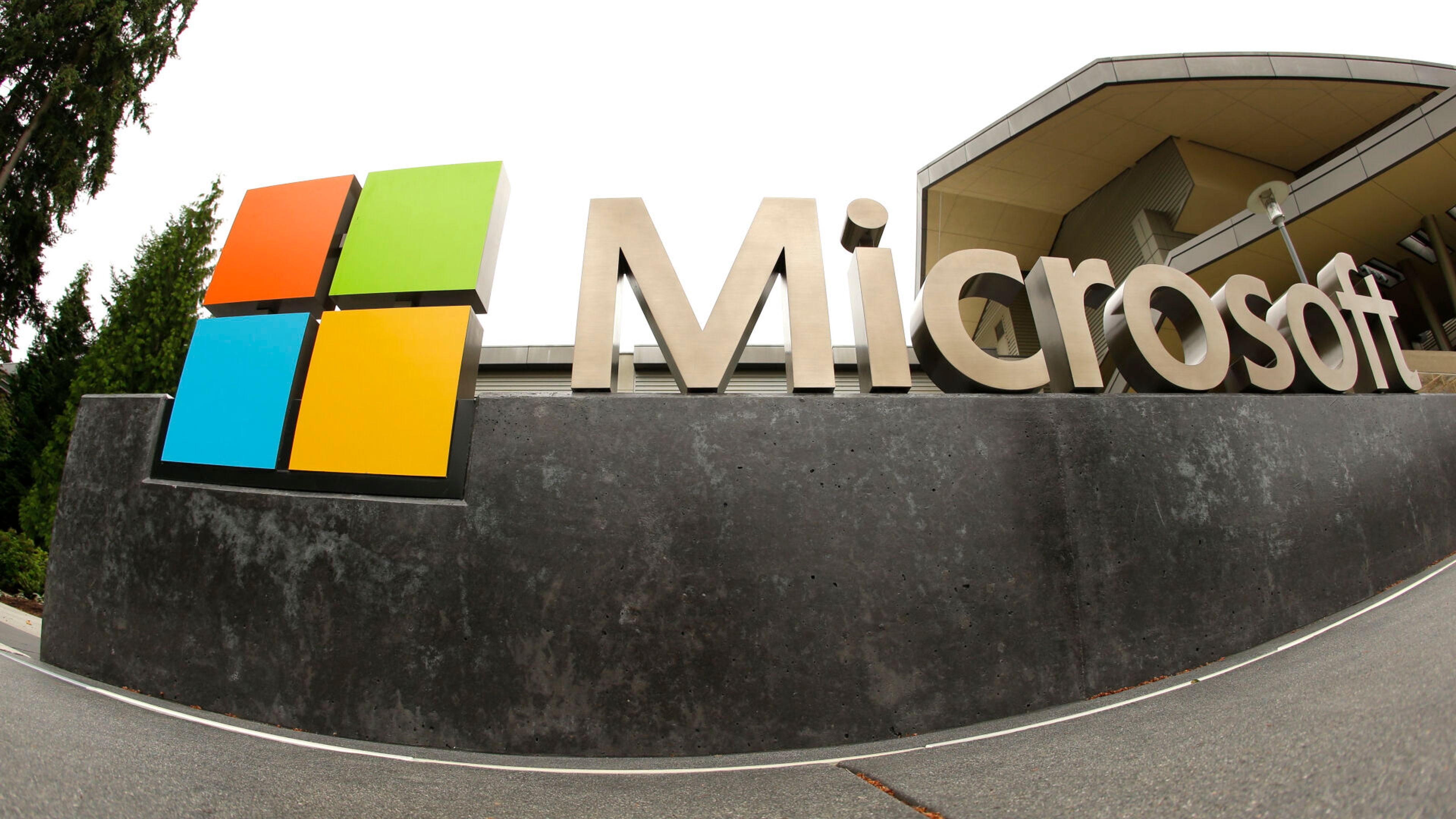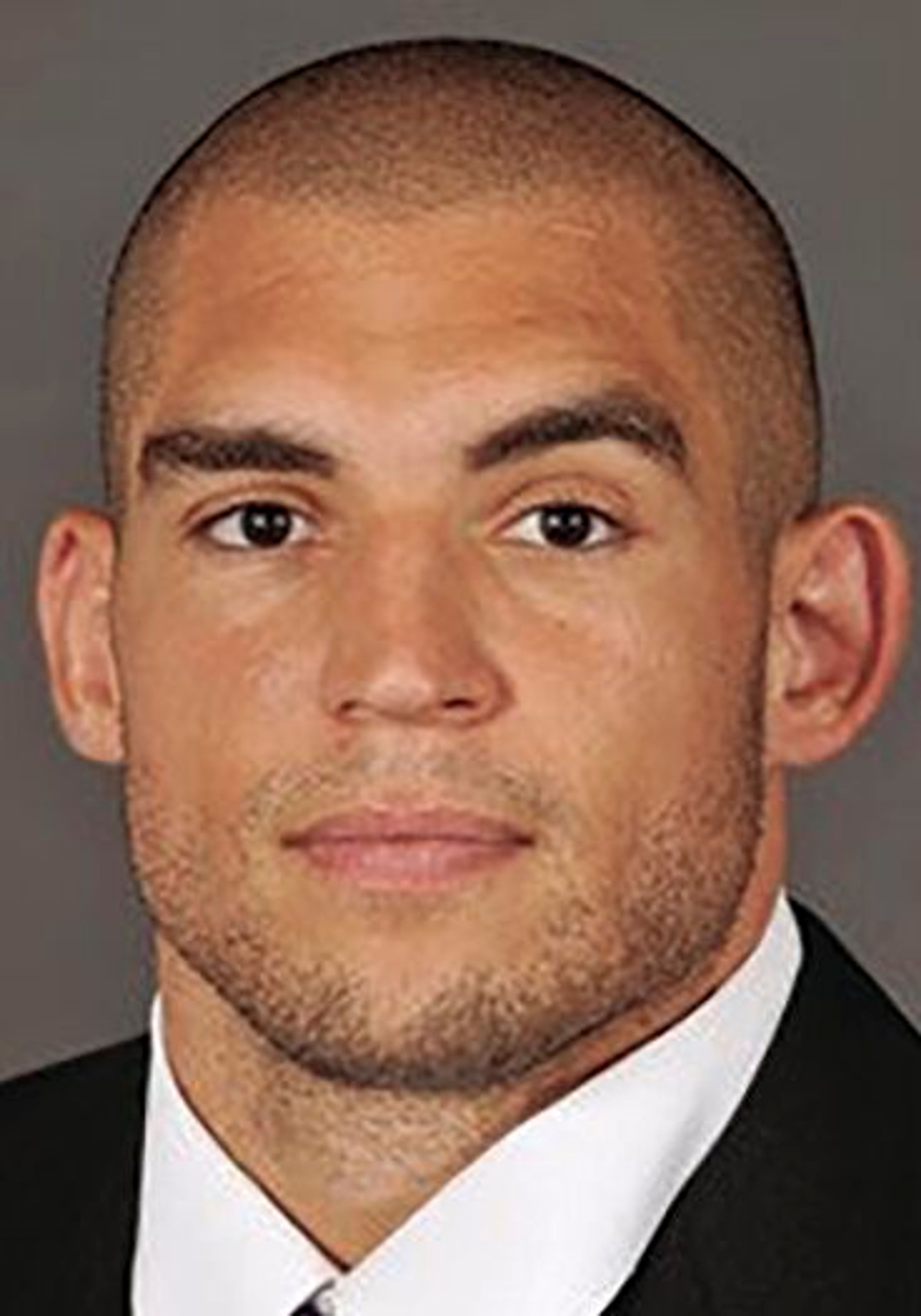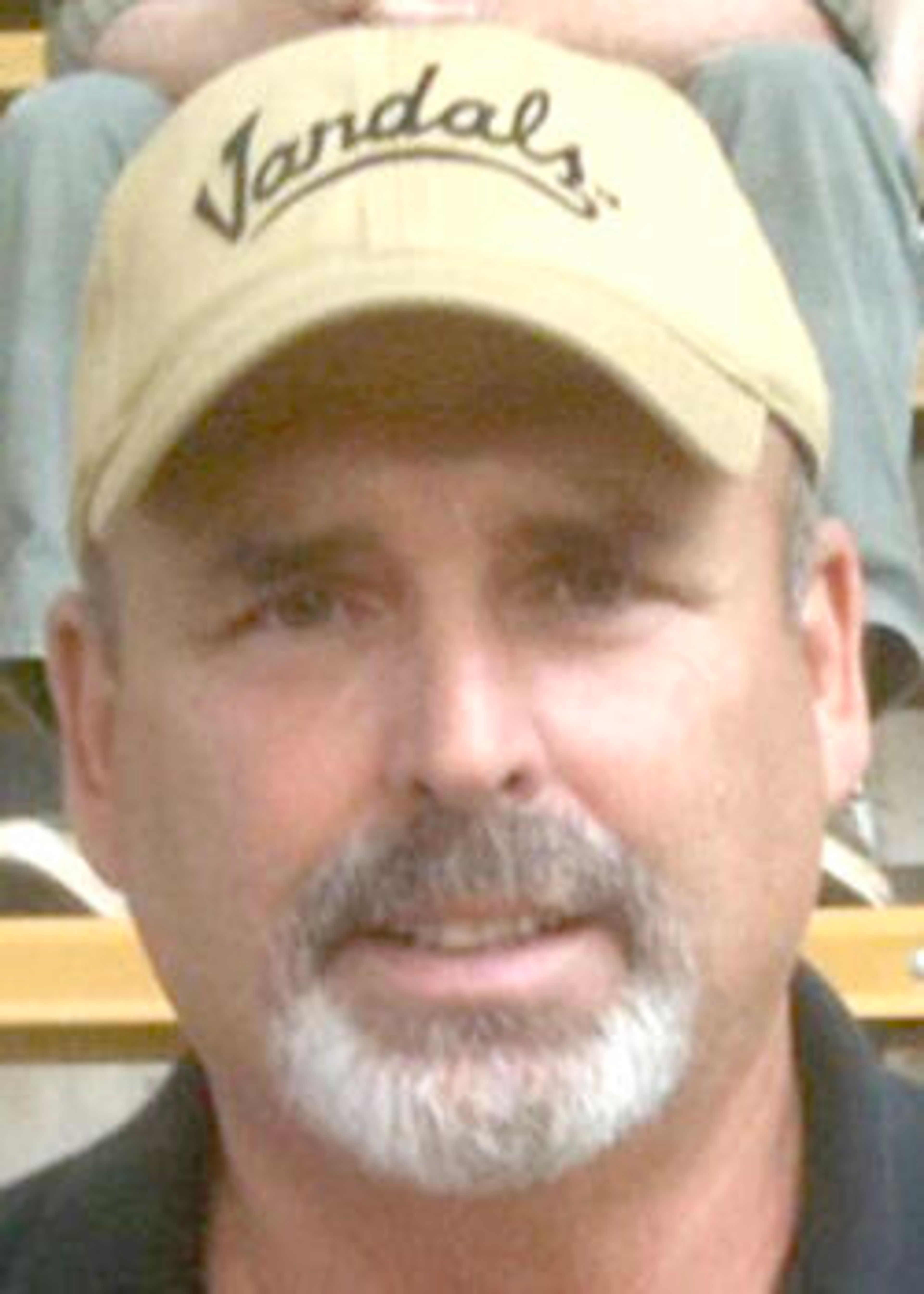For businesses in the Pacific Northwest, salaries are still employees’ top priorities, and the marijuana industry is considered to be the “next big thing” the region will be known for.
That is according to a survey conducted by the Washington State University Carson College of Business of 500 employers and 500 employees across the region.
Chip Hunter, dean of the college, said the data show where business leaders and employees differ or agree on various topics related to the state of the business community in Washington, Oregon and Idaho.
For example, business leaders are feeling confident about the business climate in the Northwest, according to the poll. Sixty-one percent said the climate has been strengthening, largely because of advances in technology and improved efficiency.
Employees, however, were less optimistic, as 45 percent said their confidence in the business climate has plateaued or stayed the same since last year’s survey.
Hunter said he does not know the precise reason for employees’ lack of confidence, but it is apparent they are not seeing the same kind of economic growth the business leaders are reporting.
He said one of the most surprising results is the excitement for the marijuana and wine industries.
According to the survey, when asked to name “the next big thing” the Pacific Northwest will be known for, marijuana was at the top of the list for employees and business leaders. World-class wine production was also near the top, along with the Northwest being known as a good place to raise a family and have livable wages.
Hunter said the newness of the marijuana industry makes it intriguing to business leaders, and Washington and Oregon are in the distinct position of being two of only a handful of states where it is legal.
Technology and health care would have likely been at the top of the list five or 10 years ago, he said, but they no longer have the same novelty as an industry like marijuana. That novelty creates excitement around the region, despite uncertainty about an industry that is oddly regulated and lives outside the banking industry.
When it comes to attracting talent, the survey shows salary is still the top priority for employees. The data indicate they prefer higher wages over benefits. Sixty percent of business leaders, though, believe they can attract employees with benefits such as promises of a flexible work schedule over a higher salary, possibly explaining why businesses have difficulty hiring labor, especially among recent college graduates.
While most business leaders agree graduates in the area are qualified and prepared to fill entry-level jobs, they still find it difficult to find those graduates.
The survey shows employees want to go where they will be compensated the most.
“Employees are smart enough to say, ‘I’m going to go where they pay me,’ ” Hunter said.
He said business leaders, on the other hand, are justifiably concerned about sinking more money into wages, because it adds to the expense of running a business.
Both groups said that if salary is removed from the equation, health care benefits and job security are the most important factors in a job.
There is also a gap in how leaders and their employees view their business’s role in the community.
Only 40 percent of employees believe their company is helping the community, while 58 percent of business leaders say their companies have a positive influence on the community. The discrepancy is a significant finding, Hunter said.
“I think these issues around what business leaders do for their community is a great question,” he said.
He said the disconnect between employees and employers shows that business leaders need to do a better job communicating how their companies benefit the community. Employees may be unaware of how much their workplace contributes to the economic development of their city or philanthropic opportunities.
The study can be found at www.business.wsu.edu/business-in-nw-2019/.
Anthony Kuipers can be reached at (208) 883-4640, or by email to akuipers@dnews.com.







